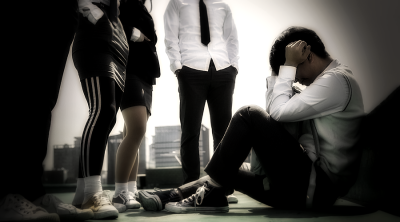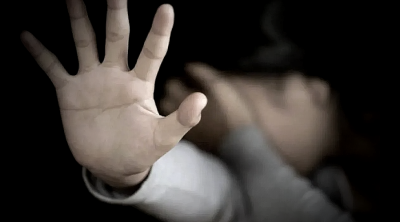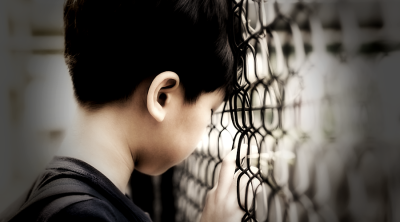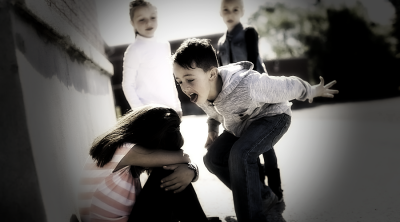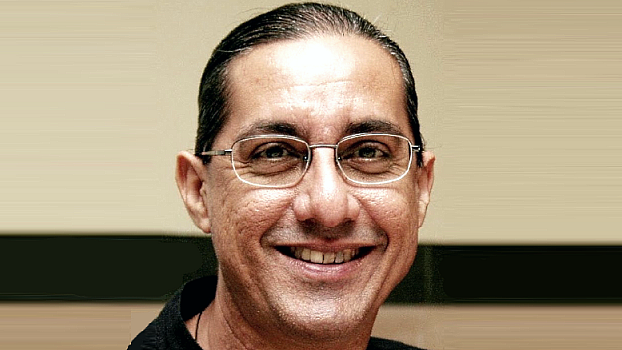
Today, 20 November 2023, is World Children’s Day with the theme “For every child, every right”.
As we reflect on yet another World Children’s Day, we have to ask ourselves if child rights have improved in Malaysia.
It is difficult to write about this again and again. Not because we do not have the information or the data, but because change does not appear to be happening, and we seem to be speaking into the void.
This means that the basic rights of many children in our nation are unmet, and worse, they continue to live lives that are unfulfilled, marginalised and in poverty.
Governments are elected to represent the people’s interest and well-being, and to govern with the best interest of the people at heart.
This primarily means having an ability to listen to the ground needs, especially the vulnerable, and to act to make concerted, sustainable change to improve these outcomes.
Who are more vulnerable than children?
I was planning to provide a detailed report card of child rights in Malaysia, or rather the lack thereof, based on data. But I have become disillusioned with current and past governance.
Allow me, however, to summarise a few key facts in line with the child rights enshrined in the United Nations Convention on the Rights of the Child (CRC).
Article 28 of the CRC speaks about the Right to Education for all children.
The Department of Statistics Malaysia (DOSM) and the Ministry of Education (MOE) have shared about the success of the Malaysian Education Blueprint (MEB) and our achievement of the Sustainable Development Goal 4 (very high rates of children completing primary and secondary education).
However, an evaluation of the MOE data in Quick Facts 2022, shows that more than 80,000 students in MOE schools drop out before Form 5, and another 20,000 plus children (after removing childhood deaths) are not accounted for and may not be attending any school yearly.
In addition, we deny education to more than 300,000 children who are stateless, refugees, asylum-seekers, undocumented and in detention.
Fewer than 20% of children with disabilities are in full inclusion (the majority unrecognised), in contrast to the aspirations of the MEB.
Article 19 together with Article 34 of the CRC expresses the Right of Protection from Violence, Abuse, Neglect and Sexual Exploitation.
We have reasonable legislation in the Child Act 2001 (amended 2016) and Sexual Offences Against Children Act 2017 (SOAC) (amended 2023). But our Penal Code (Act 574) and other legislation has not been harmonised with the CRC or the Child Act.
Older children (adolescents) can be incarcerated in adult prisons and brought to court handcuffed, along with adult inmates.
Overall child protection services in Malaysia are weak and have not improved much. Doctors, welfare officers (JKM) and the police have very limited training in the rights of children and child protection as outlined in the Child Act and SOAC.
In addition, the majority of officers at JKM are not trained social workers. This speaks poorly for a problem where more than 10% of all children are sexually abused (multiple community studies) and online abuse widespread.
Children have a right to have freedom from poverty.
Article 27 speaks about an adequate standard of living to meet physical, social and development needs. Article 24 on health and health services speaks about quality healthcare, clean water, nutritious food, and a clean environment. Article 26 outlines the right to benefit from social security, including financial support and other benefits, to families in need of assistance.
Healthcare access is not uniform for all children and our expenditure on children’s health has declined.
Malnutrition rates among Orang Asli children remain high with considerably higher mortality rates.
The numbers of children living in poverty has worsened in our country, especially in Sabah and the inner cities areas, despite attempts to suggest otherwise.
The cost of living has increased significantly but our “poverty line income” has not changed. As a conservative estimate, more than 20% of households with children live in poverty.
In addition, we continue to keep children of stateless families in abject poverty, especially the Bajau Laut who have been living on this land for generations (intergenerational statelessness).
I could continue to speak about many other articles of the CRC, but perhaps the most telling is our government’s reservations to five Articles of the CRC: Articles 2 (non-discrimination), 7 (right to have a name and nationality), 14 (freedom of thought, belief and religion), 28(a)(1) (access to education), and 37 (inhumane treatment and detention).
In the words of a former vice-president of the Malaysian Bar, this suggests that the Malaysian government “takes the view that children can be discriminated against, have no right to a name or nationality, have no freedom of thought, conscience and religion, and should not be free from torture and deprivation of liberty”.
I have not spoken much about what to do, as we have offered suggestions repeatedly. But using Articles 3 and 4 of the CRC should be our guiding principles.
Article 3: “The best interests of the child must be a top priority in all decisions and actions that affect children.” And Article 4: “Make the Rights Real – Governments must do all they can to make sure every child can enjoy their rights by creating systems and passing laws that promote and protect children’s rights.”
Hence, to make real change to child rights in Malaysia, we first have to face reality – i.e. speak the truth.
Providing us with fairy-tale data and unrealistic success stories does not help but harms progress.
The public are aware of the situation on the ground, so best to admit it and work together to improve it.
Secondly, we have to be committed to all children in Malaysia, equally. We cannot discriminate against some children, as that will harm all children in the long term. And we must place the best interests of children as a priority.
Thirdly, we need to concertedly improve all our support systems to promote and protect children’s rights, with supportive legislation. And we need to monitor the progress with open access data.
Recently we have been speaking strongly about supporting children’s needs and rights in other nations, and it is right that we do so.
But let us please look at our own backyard where we, by our neglect, deny children a basic life and future, and keep them trapped in poverty.
Finally, remember that what we do to improve the situation of all children will benefit all of society.
Children are our treasure today and our hope for the future. Investing in them benefits all of us.
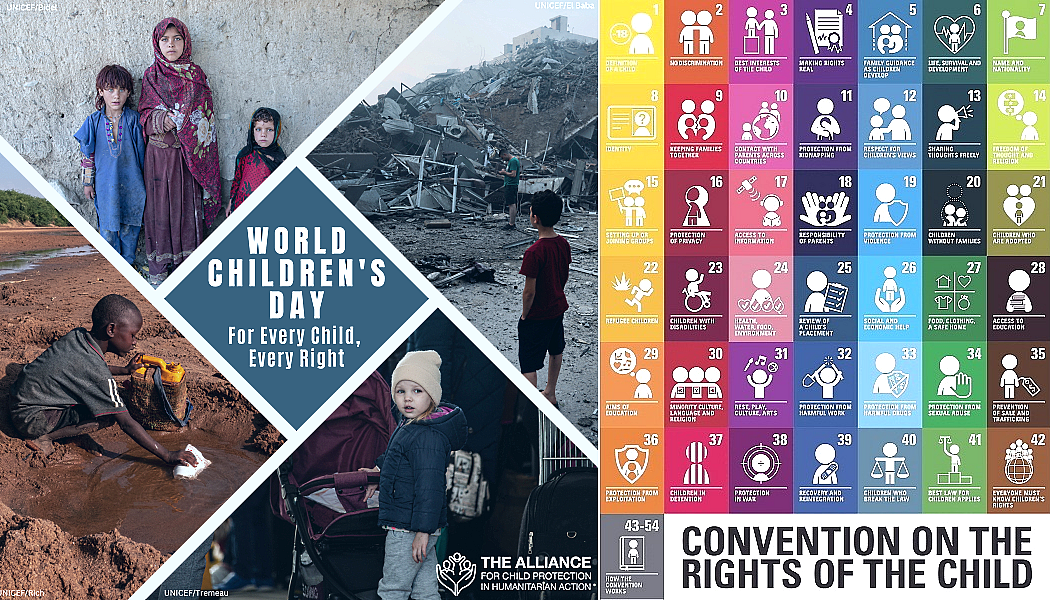
(Dato’ Dr. Amar-Singh HSS is Consultant Paediatrician, Child-Disability Activist.)
ADVERTISEMENT
ADVERTISEMENT







